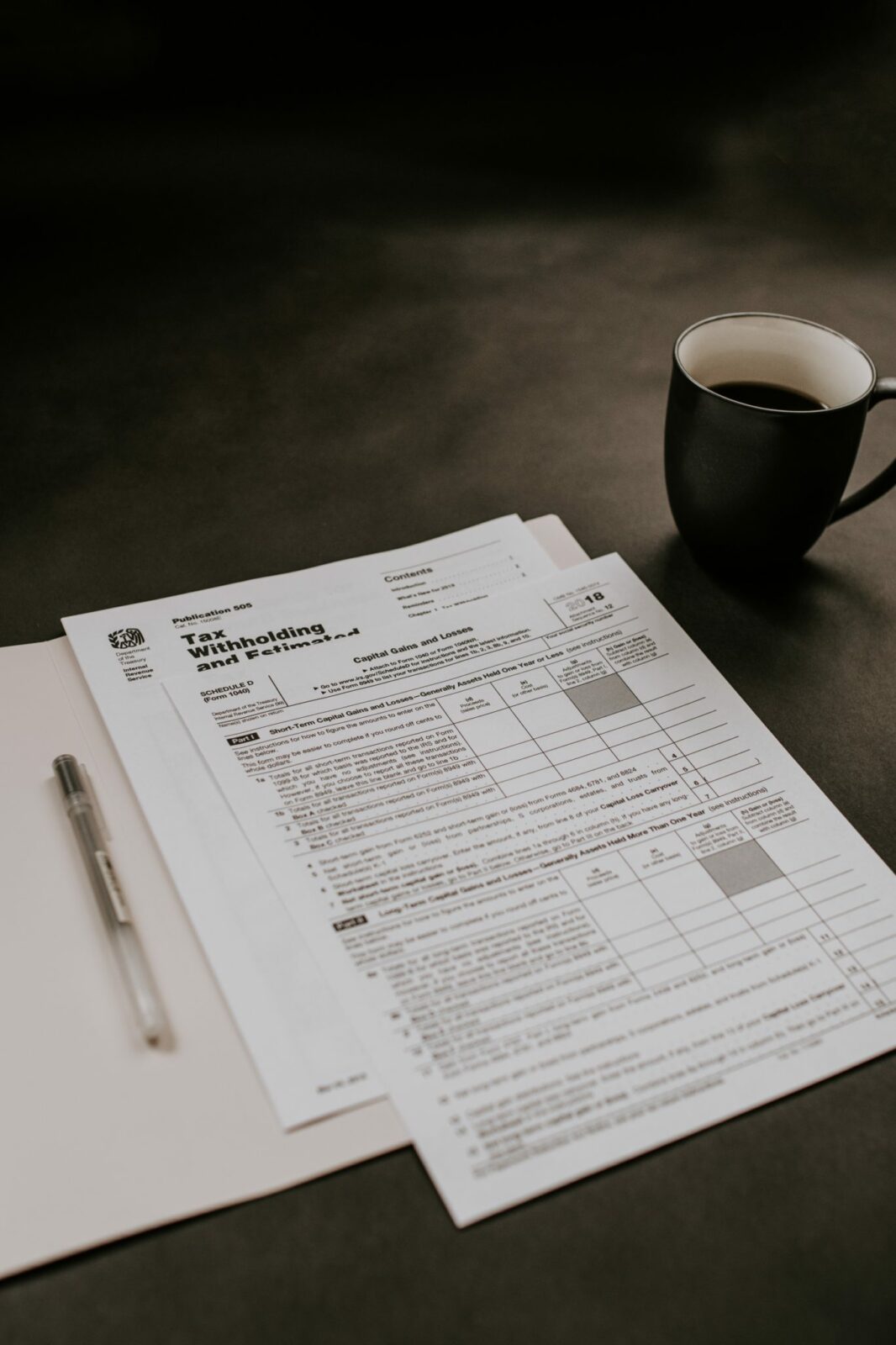Proposed Massachusetts Tax Amnesty Program May Provide Relief for Some Taxpayers

Massachusetts taxpayers with unpaid back taxes may be able to catch a break. Massachusetts Governor Deval Patrick’s budget proposal for fiscal year 2015 includes a tax amnesty program that could relieve most taxpayers from penalties on past tax debts, whether disclosed voluntarily or discovered under audit.
Having already passed through the Massachusetts House, the proposed program is currently awaiting approval from the State Senate before it is approved by the Governor. If approved, the amnesty program would run for a two month period during the State’s 2015 fiscal year, which runs from July 1, 2014 through June 30, 2015. The specific dates of the program have yet to be determined.
Tax amnesty programs can vary widely from state to state or from program to program, depending on the budgetary goals of the program and needs of the state. Amnesty programs are generally viewed as a “win-win” for both taxpayers and the states. States “win” because they are able to collect revenue that may have been undetected, without the expense of conducting an audit or investigation. Taxpayers “win” because they are able to remit back taxes while avoiding costly penalties, which can frequently be as much as the original amount of tax due. Typically, a taxpayer is still required to pay interest calculated from the original due date of the tax. Occasionally, amnesty programs include a limited look-back period, which effectively erases tax obligations prior to an established period. Ultimately, the taxpayer is generally given a clean bill of health with regard to the taxes disclosed after participating in an amnesty program.
Massachusetts has offered amnesty programs in the past. Similar programs were offered in 2002 and 2010, generating tax collections of over $100 million and $32.5 million, respectively. The state expects another windfall of tax revenue with this program – to aid it in balancing its budget.
Taxpayers should keep in mind that amnesty programs are not always the best option when trying to resolve unsettled tax debts. Nearly all state and many local tax jurisdictions offer Voluntary Disclosure Agreement (“VDA”) programs. These programs usually permit the taxpayer to apply anonymously, which enables the taxpayer to evaluate, and sometimes negotiate, the terms of the VDA prior to committing to participation. And these programs normally offer the benefits of a limited look-back period and penalty relief, as well as certain audit protections, all of which are often more favorable than the terms of an amnesty program. VDA programs are also available year-round, in most instances. However, VDA programs are generally available only to those taxpayers that have not yet established themselves as a taxpayer in a jurisdiction (i.e. registered for and paid taxes in the past). Taxpayers with a prior tax history in a jurisdiction cannot typically take advantage of VDA programs.
Amnesty programs aim to capture a broader audience by allowing new or established taxpayers, even those currently under audit, to participate. In nearly all cases, however, neither amnesty nor VDA programs are available to taxpayers who willfully have attempted to defraud a taxing jurisdiction.
After the close of an amnesty program, the state administering the program is usually far less forgiving when it discovers taxpayers that did not come forward to clear tax obligations. Frequently states will assess additional penalties on those taxpayers who failed to participate.
As the Massachusetts amnesty program is currently drafted, it would cover a variety of tax types, including sales and use taxes, meals taxes, income withholdings, room occupancy excise, fuels excise, recreational vehicle excise, and many other taxes and fees. Penalties will be waived, but interest will still be assessed. Participating taxpayers would be required to make all tax and interest payments prior to the close of the fiscal year (June 30, 2015). Failure to do so will result in termination of the amnesty agreement and assessment of penalties. The state has not yet expressed whether or not there will be a limited look-back period under this particular program or what repercussions will be faced by those taxpayers with outstanding tax debts who do not participate in the program.
Details on how to apply for the Massachusetts tax amnesty program will emerge once it is approved by the State Senate and Governor and the program dates are set. Historically, an application for a request of amnesty has been made available through the Massachusetts Department of Revenue. Before approaching the State about entering into this, or any similar program, it is always best to consult with a tax advisor to determine if it is the appropriate course of action under the circumstances.
If you have questions, please contact Chris DeRosa, Merrill Barter or your BNN advisor at 1-800-244-7444.
Disclaimer of Liability: This publication is intended to provide general information to our clients and friends. It does not constitute accounting, tax, investment, or legal advice; nor is it intended to convey a thorough treatment of the subject matter.
